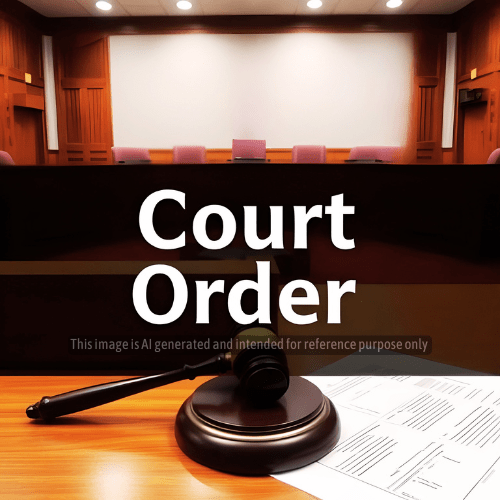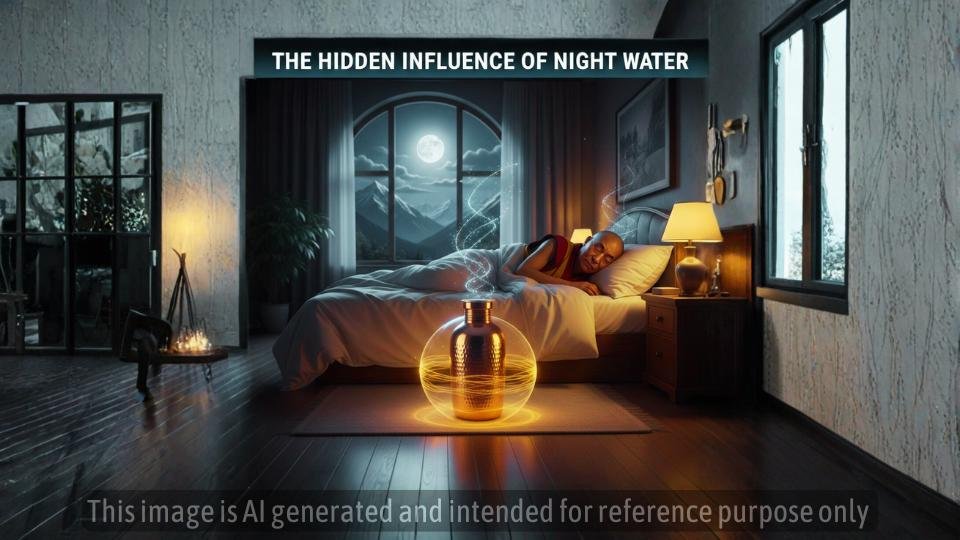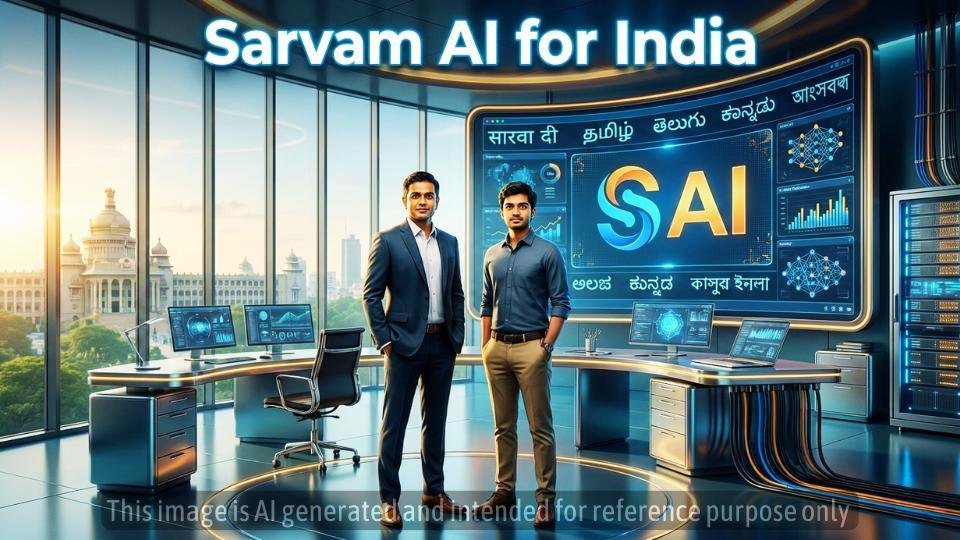कृपया इसे हिंदी में पढ़ने के लिए यहाँ क्लिक करें
In a landmark decision, India’s Supreme Court has allowed popular podcaster Ranveer Allahbadia to resume his show, ” The Ranveer Show – TRS “, provided he maintains moral standards and refrains from using profane language. The decision comes as a relief for Allahbadia, who described the podcast as his “only source of livelihood” and said that it supports the jobs of 280 employees.
Background of the Controversy
The controversy began when Allahbadia appeared on a comedy show, “India’s Got Latent“, hosted by Samay Raina. During the episode, he asked a provocative question to a contestant which quickly sparked outrage on social media and led to multiple police complaints in states like Maharashtra, Assam, and Rajasthan. Critics felt the comment crossed the line of acceptable humor, prompting legal action and a debate on the limits of free speech in a conservative society.
What the Supreme Court Decided
The Supreme Court, after hearing Allahbadia’s plea, allowed him to resume airing ” The Ranveer Show “ on the condition that he provides an undertaking to maintain the “desired standards of decency and morality.” In simple terms, the court expects the content to be family-friendly and not to offend viewers across different age groups.
Key points from the court’s order include:
- Decency in Content: Allahbadia must ensure that his show does not include vulgar or profane language.
- Impact on Ongoing Investigation: The court also stressed that no episodes should be aired that have any direct or indirect bearing on the legal cases pending against him.
- Livelihood Considerations: Recognizing that the podcast is the main source of income for Allahbadia and his team, the court granted him interim protection from arrest.
Reactions and Broader Implications
The ruling highlights the delicate balance between free speech and societal norms. While the court has emphasized the need for responsible content, it has also underlined that creative freedom should not be stifled as long as decency is maintained. Solicitor General Tushar Mehta described the show as “perverse” rather than vulgar, suggesting that there is room for humor without crossing ethical boundaries.
Many industry experts and digital creators see this as a critical moment. The case has raised broader questions about the regulation of online content in India. There is concern that if more stringent measures are imposed, it could chill creativity and lead to self-censorship among content creators.
A Look at the Past and Future
This is not the first time Indian comedians have come under scrutiny. Similar incidents in the past have led to debates on censorship and the role of digital media in a society that holds traditional family values dear. With this decision, the Supreme Court appears to be calling for a measured approach—one that protects free speech while also safeguarding societal morals.
The court has even invited the Centre to propose a draft regulatory mechanism on digital content. This could lead to future guidelines that balance creative expression with decency, ensuring that humor remains enjoyable without causing unintended offense.
Light-Hearted Insights
Despite the controversy, some observers have noted the irony in how modern humor and traditional values often clash. Social media is abuzz with humorous memes and light-hearted banter about the incident, with many saying that even serious legal decisions can have a quirky twist in today’s digital age. It’s a reminder that while laws are in place to keep the airwaves clean, the human desire to laugh and push boundaries will always find its way to the forefront.
Disclaimer: The information contained herein is for general informational purposes only and should not be construed as legal, financial, or professional advice. We strongly encourage readers to verify details with official court releases, government statements, and trusted news outlets before relying on any of the information provided. The opinions expressed in this blog are solely those of the author and do not necessarily represent the views or policies of the publisher or any affiliated organization. The publisher is not liable for any loss or damage arising from any reliance on the content of this article.







Leave a Reply